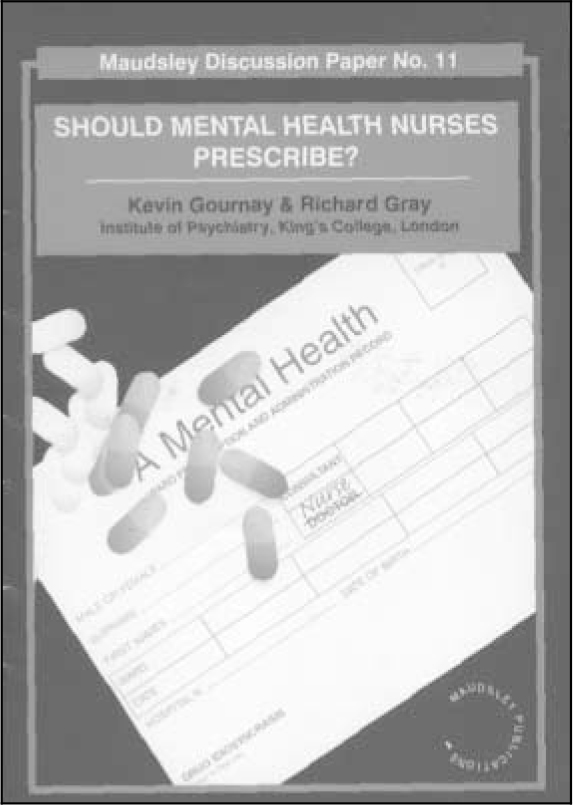
Pursuing best practice in our brave new world of evidence-based medicine demands considerable personal effort to find out ‘what is known’. As an old age psychiatrist, and regular searcher of the literature online, I was intrigued by the notion of a book that compiles the evidence-base for dementia. Searching online for evidence from my desk at work, the answer has always been ‘too much’ to get hold of and at the same time ‘too little’ that is relevant to my own practice. The central concept of this book is that the author, working within the College Research Unit, searches for evidence (of vastly differing qualities) and lays it out in a way that enables scrutiny. The book sets out its search methodology clearly, cites its sources and then presents ‘the evidence’ with references and an attempt to weigh its importance. The book's remit is to compile secondary research evidence, not primary studies and papers. Therefore, it is a rather sad reflection on the paucity of the evidence, that so much of it is the national guidelines of the College or the American Psychiatric Association, or evidence-based guidelines relying on studies of moderate quality or poorer, rather than systematic reviews and critically appraised research summaries. This is not the fault of the author, who has done a creditable job to pull these dry guidelines together. But the larger point is that the College and its publishing arm, Gaskell, have missed an opportunity with this type of static publication. The same material together with the hugely useful website links and critical appraisal resources should be accessible on the College website or on CD—ROM, even at a cost. Searching would be easier, links to other resources would be enhanced and the search could be as contemporary as the day you access the site (not as old as September 1998). The shame is that, for all the author's hard work, the book is now way out of date. The idea of an evidence-based briefing is a good one because of the approach, but not in this format. Does the book help reduce the personal effort required to get on top of the evidence? Not really.



eLetters
No eLetters have been published for this article.